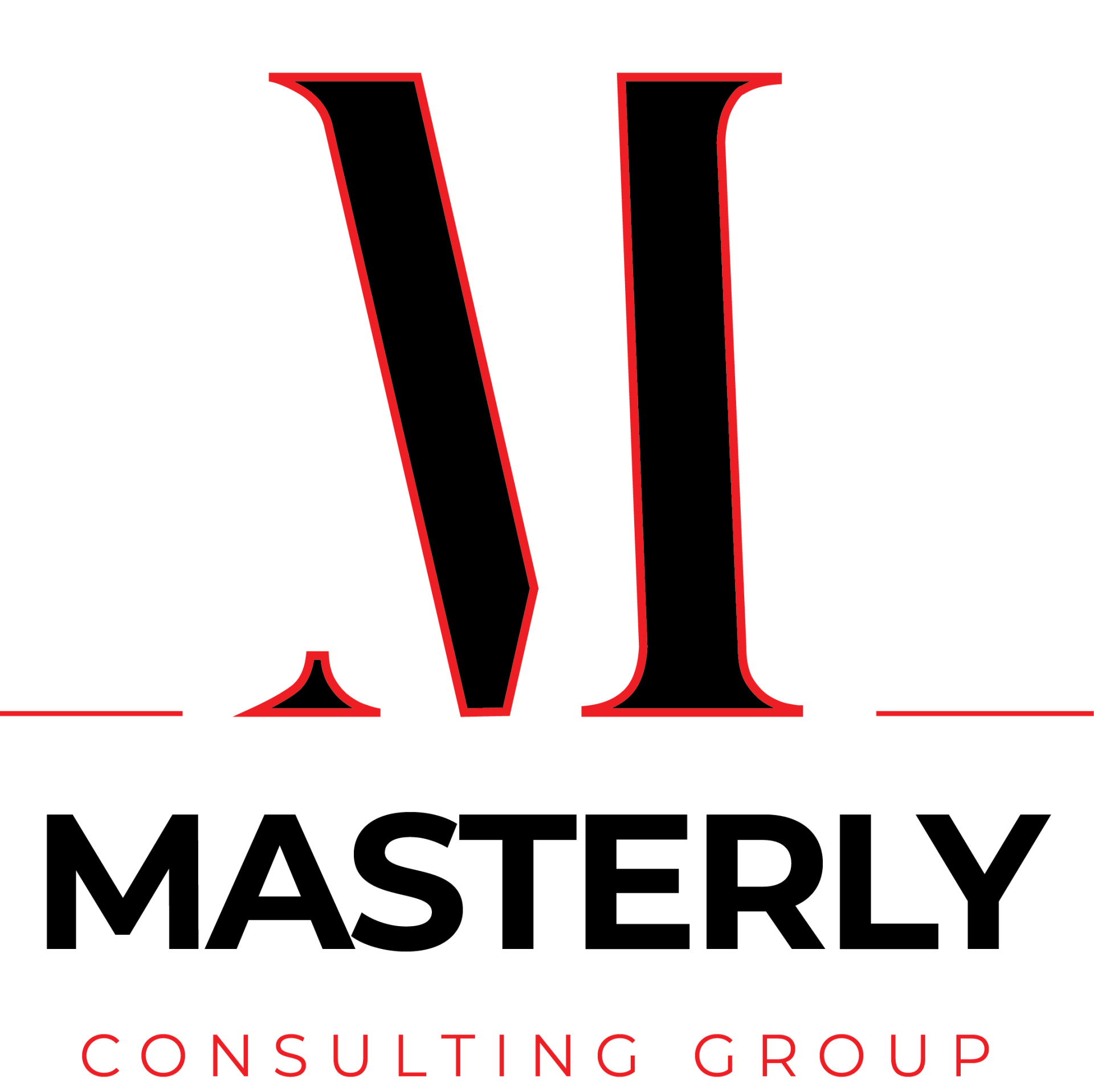How the Right Corporate Structure Can Save Your Business Money
When you’re building a successful business, choosing the right corporate structure isn’t just about formality; it can directly affect your bottom line. An effective corporate structure determines how your company is taxed, the level of liability protection, and how smoothly your day-to-day operations run. Here’s how understanding corporate structures and choosing the best one can save your business significant money in the long term.
The Importance of Choosing the Right Corporate Structure
The corporate structure you select can make or break your financial strategy. Businesses are taxed differently based on their organizational structure, which impacts financial performance. Common structures include sole proprietorships, limited liability companies (LLCs), C corporations, and S corporations. Understanding these structures is critical to avoiding unnecessary expenses.
- LLCs and LLPs: These structures provide liability protection while offering flexibility in taxation. Many businesses find them cost-effective for reducing personal risk.
- S Corporations: This structure helps avoid double taxation, benefiting small and medium-sized businesses aiming to keep more of their earnings.
- C Corporations: Although C corporations face double taxation, they offer benefits like easier capital accumulation, which can be ideal for large companies.
How Taxes Are Affected by Corporate Structures
Different corporate structures are taxed in various ways. For example, LLCs offer pass-through taxation, meaning the company’s income is taxed on the owner’s personal tax return, reducing the overall tax burden. In contrast, C corporations pay corporate tax on profits and shareholders are taxed again on dividends.
- Example: A small business owner operating as an LLC might avoid thousands of dollars in corporate taxes compared to a C corporation.
- C Corporations: While they face higher taxes, they can provide better opportunities for reinvestment and growth, especially if the goal is to become a publicly traded company.
Asset Protection and Liability
One major reason businesses choose certain corporate structures is liability protection. Without the proper structure, you risk your personal assets being used to satisfy business debts. Structures like LLCs and limited liability partnerships (LLPs) shield personal assets, which can be crucial if your business faces litigation.
- Organizational Structure: Ensuring your company’s structure separates personal and business liability can save money and offer peace of mind.
- Authority and Responsibilities: Defining roles and responsibilities within a business through an effective organizational structure can minimize risks and inefficiencies.
Streamlining Operations with the Right Organizational Structure
The efficiency of your day-to-day operations often hinges on your organizational structure. Whether you operate under a functional structure that organizes departments based on expertise or a matrix structure that combines different departments for project-based work, the right setup can reduce costs and improve workflow.
- Example: A tech startup may benefit from a decentralized organizational structure, empowering teams to make quicker decisions without waiting for upper management approval. This can lead to faster innovation and cost savings.
Centralized vs. Decentralized Structures
- Centralized Organizational Structure: This structure places decision-making authority at the top, which can save money by reducing redundancies but may also slow down operations.
- Decentralized Organizational Structure: Distributing authority to lower levels can increase agility but may lead to higher administrative costs.
Corporate Governance and Board Responsibilities
An effective corporate governance framework is critical for managing risks and ensuring the company is run efficiently. Board members play a vital role in overseeing the company’s strategic direction and ensuring management aligns with the organization’s goals. Having both inside directors and outside directors can offer a mix of expertise and unbiased perspectives.
- Board of Directors: In large corporations, the board is responsible for major decisions, such as mergers, acquisitions, and financial planning. Effective governance ensures the company is compliant and maximizes shareholder value.
- Example: A strong board can prevent costly errors, such as regulatory fines, by providing oversight and strategic guidance.
The Role of the Chief Financial Officer (CFO) and Chief Operations Officer (COO)
High-level managers, like the Chief Financial Officer and Chief Operations Officer, are integral to a company’s financial health. They oversee financial data, budgeting, and strategic planning, ensuring the organization runs efficiently. Their insights help avoid unnecessary expenses and maximize profitability.
- Responsibilities: The CFO is directly responsible for preparing budgets and managing financial risks, while the COO focuses on optimizing operations and productivity.
Organizational Charts and Reporting Relationships
An organizational chart lays out reporting relationships and helps clarify roles, which can improve efficiency and reduce misunderstandings. Whether you’re a startup or an established corporation, a clear org chart ensures everyone knows their responsibilities, streamlining communication and preventing costly errors.
- Departments Based on Function: Organizing teams by department (like marketing, sales, and human resources) creates a structured environment where everyone knows their role.
Tailoring Your Structure for Growth and Efficiency
If your business plans to expand, choosing the right corporate structure now can prevent costly reorganizations later. Structures like LLCs offer flexibility, while corporations are better suited for raising capital. The key is to align your structure with your company’s growth goals.
When to Reevaluate Your Corporate Structure
As your company evolves, its organizational structure may need to change. Conduct regular reviews of your financial performance and management practices to determine if a new structure could save money or increase efficiency.
- Example: A small business that has grown significantly may need to transition from an LLC to a C corporation to better manage investments and ownership.

How Masterly Consulting Group Can Help
Navigating the complexities of corporate structures can be overwhelming. At Masterly Consulting Group, we specialize in helping entrepreneurs, small business owners, established corporations, and startups choose and implement the right structure for their needs. From strategic planning to corporate governance, our business coaching services are designed to ensure your organization is optimized for success.
The Role of a Top Manager in Optimizing Corporate Structure
A top manager plays a crucial role in ensuring that a company’s corporate structure is both efficient and cost-effective. These leaders are responsible for overseeing strategic plans, making high-stakes decisions, and aligning the company's structure with its financial and operational goals. By understanding the nuances of different corporate forms, a top manager can implement strategies that maximize tax benefits and reduce liabilities.
For example, a top manager might choose to restructure the company as an LLC to take advantage of pass-through taxation, or they may advocate for a more centralized structure to streamline operations. Their ability to make informed, strategic choices can significantly impact the company's financial performance and ensure that all employees work cohesively toward common objectives.
How Organizational Structures Influence Your Company’s Financial Success
Choosing the right organizational structures can have a significant impact on your company’s financial health. While a typical corporate structure may work for some, your unique business model may benefit more from options like a limited liability company (LLC) or an S corporation. These structures not only affect taxes and liability but also shape how efficiently your management team can operate and adapt to changing business needs.
For companies with multiple locations, a geographical structure can help streamline operations and reduce overhead costs. Alternatively, a process based structure may be ideal for businesses that prioritize efficiency in their business activities. Your company leadership should carefully consider these factors and implement strategic plans to ensure the organization is well-organized and agile. From assigning the right job titles to defining clear reporting relationships, effective structuring can save money and set your business apart from other businesses in your industry.

Maximizing Efficiency with the Right Corporate Structure
An effective corporate structure not only clarifies how each person reports within your organization but also improves overall efficiency. For instance, when board decisions are streamlined and well-communicated, it allows top managers to implement strategies more quickly, benefiting the entire company. In some cases, organizing your leadership into a small group of decision-makers can enhance agility and enable a more hands-on approach to managing key business activities.
Good examples of this include companies that use an LLC form to simplify tax responsibilities while maintaining operational flexibility. Additionally, having clear structures in place ensures that new employees can integrate smoothly into the company, understanding their roles and how they fit into the larger organizational framework. By focusing on the efficient management of employees and ensuring strategic alignment from the top down, your business can save money and boost productivity.
Ready to Optimize Your Corporate Structure?
Selecting the right corporate structure is a critical decision that can save your business money and improve efficiency. At Masterly Consulting Group, we’re here to guide you through every step of the process. Whether you need help with strategic planning, governance, or restructuring, our experts are ready to assist.
Contact us at (888) 209-4055 to book a free consultation. We’ll answer your questions and help you develop an organizational strategy that aligns with your company’s goals and maximizes your financial success.








